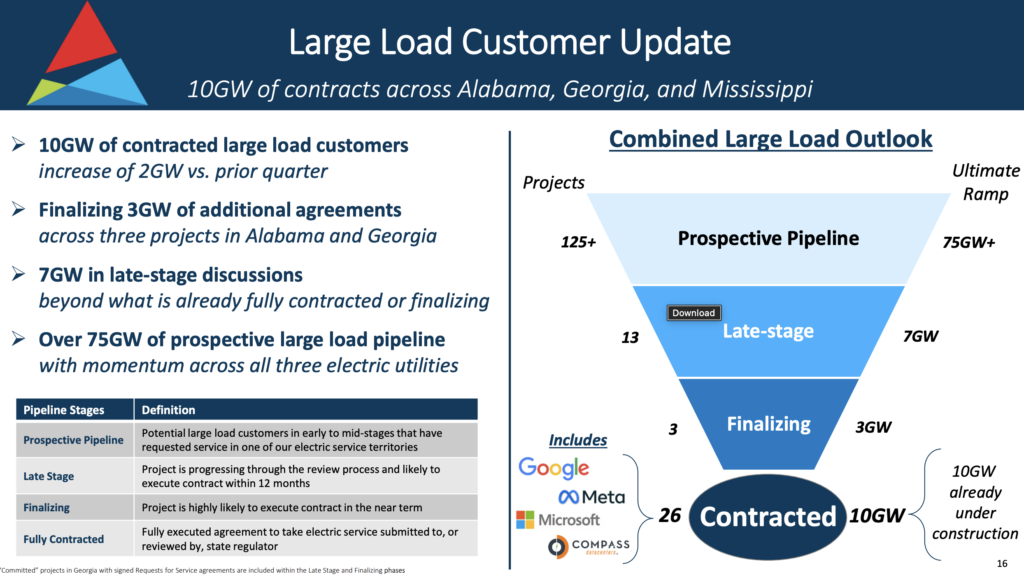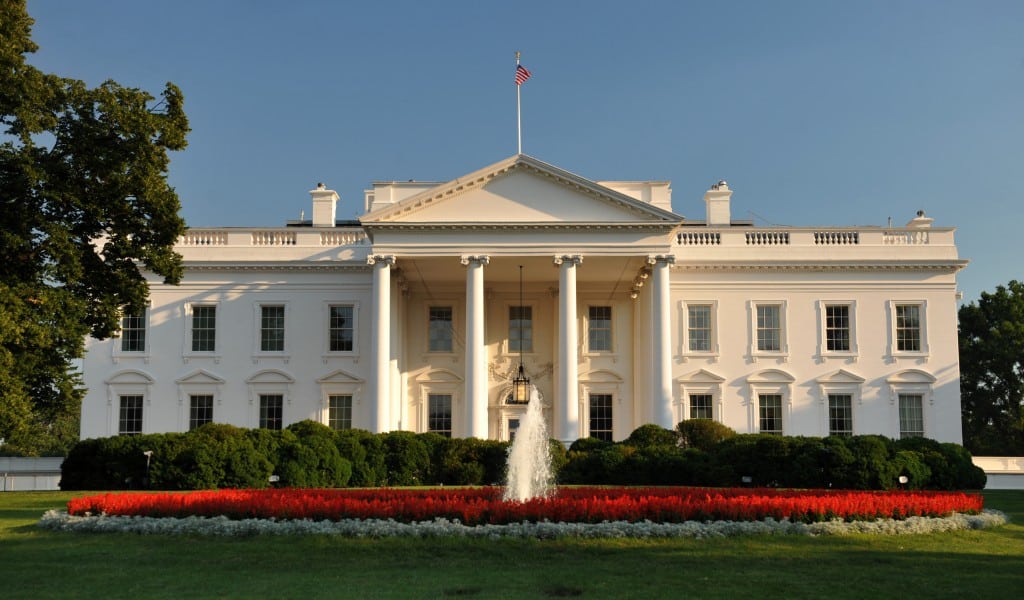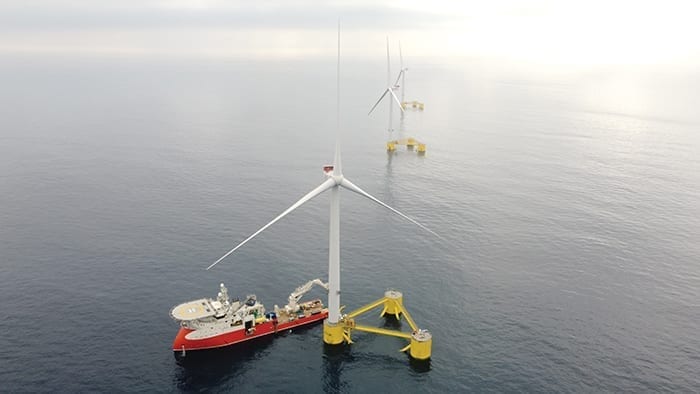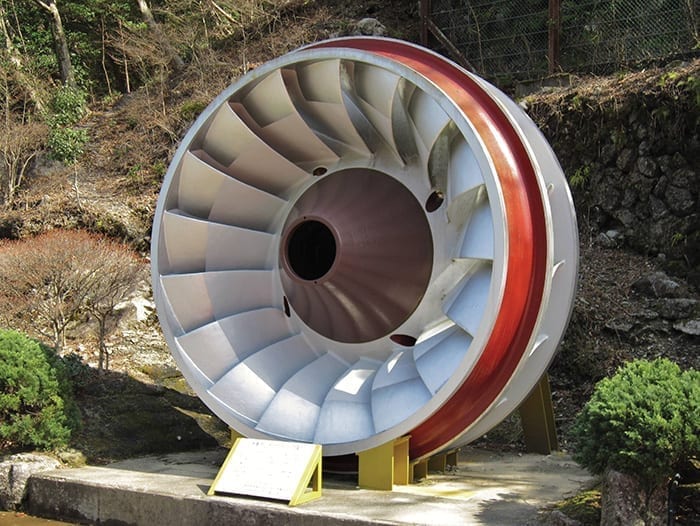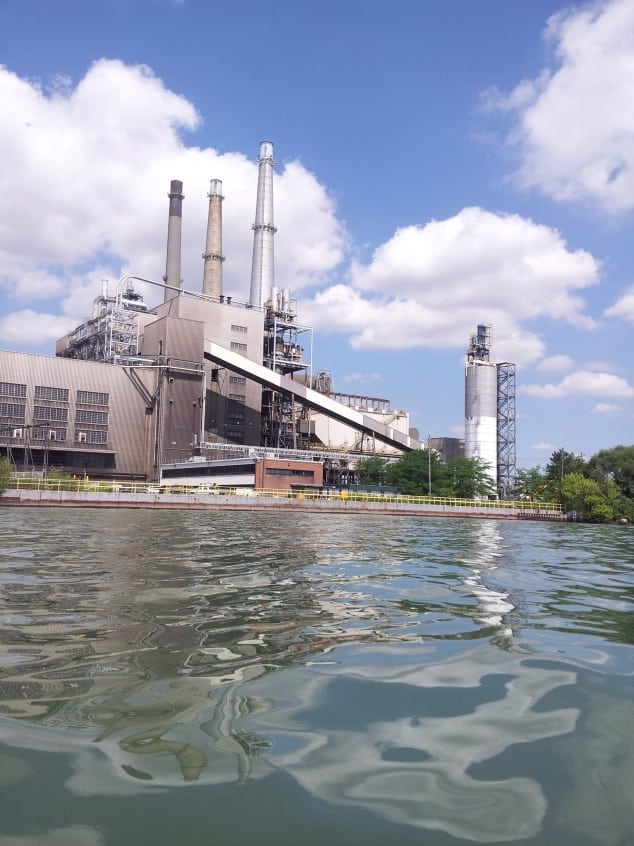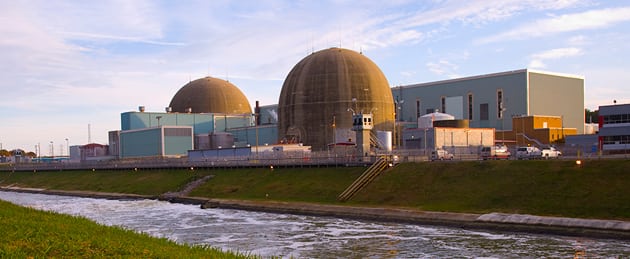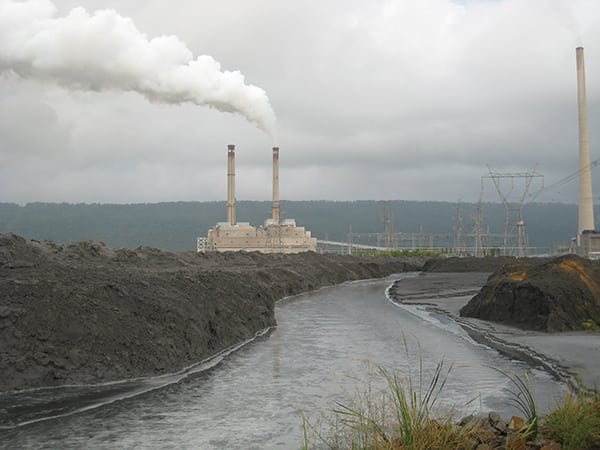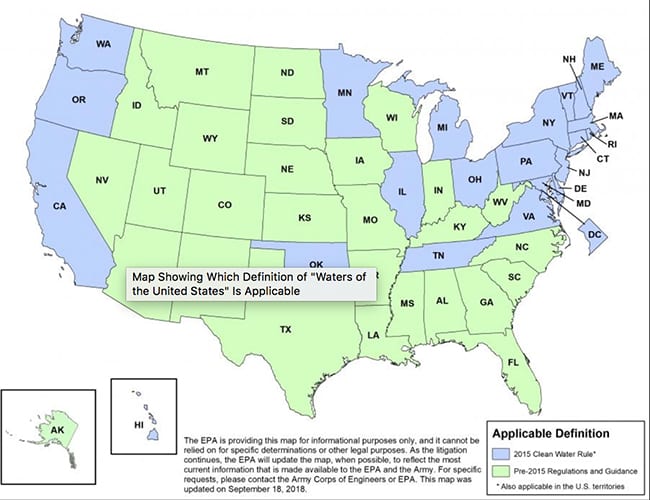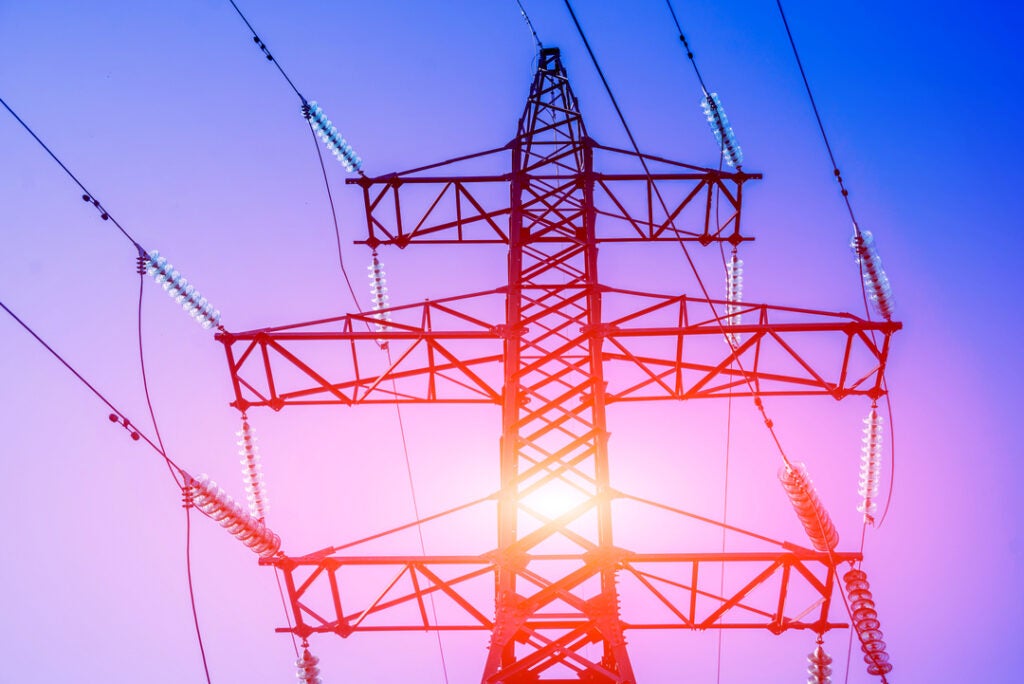Congressional efforts to block the Environmental Protection Agency’s (EPA’s) contentious rule asserting federal authority over small bodies of water were derailed on Jan. 21.
Senate Republicans voted 52–40, failing to override the president’s veto of the so-called “Clean Water Rule”—also “Waters of the United States” (or WOTUS) well short of the 60 necessary votes.
Clean Water Rule Already in Limbo
The rule became effective on August 28, 2015. But on October 9—in response to lawsuits filed (in eight appellate courts) by industry groups, more than half of the states, and several environmental groups—a three-judge panel in the Sixth Circuit blocked the rule’s implementation nationwide. The federal court that heard arguments for most of the consolidated cases on December 8 has yet to issue a ruling on whether it has exclusive jurisdiction to review the rule.
President Obama vetoed the rule on January 19 after the House passed a resolution (253–166) to block the measure under the Congressional Review Act. “As I have noted before, too many of our waters have been left vulnerable,” the president said. “Pollution from upstream sources ends up in the rivers, lakes, reservoirs, and coastal waters near which most Americans live and on which they depend for their drinking water, recreation, and economic development.”
The EPA and the U.S. Army finalized the Clean Water Rule in May 2015, saying it would protect streams and wetlands from pollution and degradation. But the EPA is being sued by several states that argue the rule’s new definition of “Waters of the United States” violates provisions of the Clean Water Act, the National Environmental Policy Act, and the U.S. Constitution.
In December, meanwhile, the Government Accountability Office concluded that the EPA’s use of Thunderclap—a crowd-speaking social media platform that allows a single message to be mass-shared, flash-mob style—to promote WOTUS constituted “covert propaganda.” While the EPA is allowed to disseminate information, it is prohibited from using federal funds to lobby the public or elected officials, or to support grassroots lobbying.
Extending Federal Authority Over Smaller Bodies of Water
The Clean Water Act, enacted in 1972, granted the federal government broad powers to limit pollution in so-called “navigable” waterways like the Great Lakes and the Ohio and Mississippi rivers. However, in promulgating the WOTUS rule, the EPA noted that a pair of Supreme Court Decisions in 2001 and 2006 made it unclear whether the act also covered smaller bodies like groundwater, headwaters, streams, and wetlands that feed those larger waterways.
The agency said that it had for a decade received requests from members of Congress, state and local officials, industry, agriculture, environmental groups, scientists, and the public for a rulemaking that would clearly define and protect tributaries that impact the health of downstream waters.
Along with power generators, manufacturers, farmers, and Republican legislators have pushed back against the rule. The National Association of Manufacturers, for example, says the rule is another regulatory burden that expands the federal government’s reach into manufacturers’ onsite activities.
Electric utilities have expressed concerns that water near plants, such as water drainage ditches and cooling ponds, may be considered U.S. waters. According to the Nuclear Energy Institute, the rule will create “significant practical problems” for companies operating nuclear power plants and planning new facilities.
—Sonal Patel, associate editor (@POWERmagazine, @sonalcpatel)


